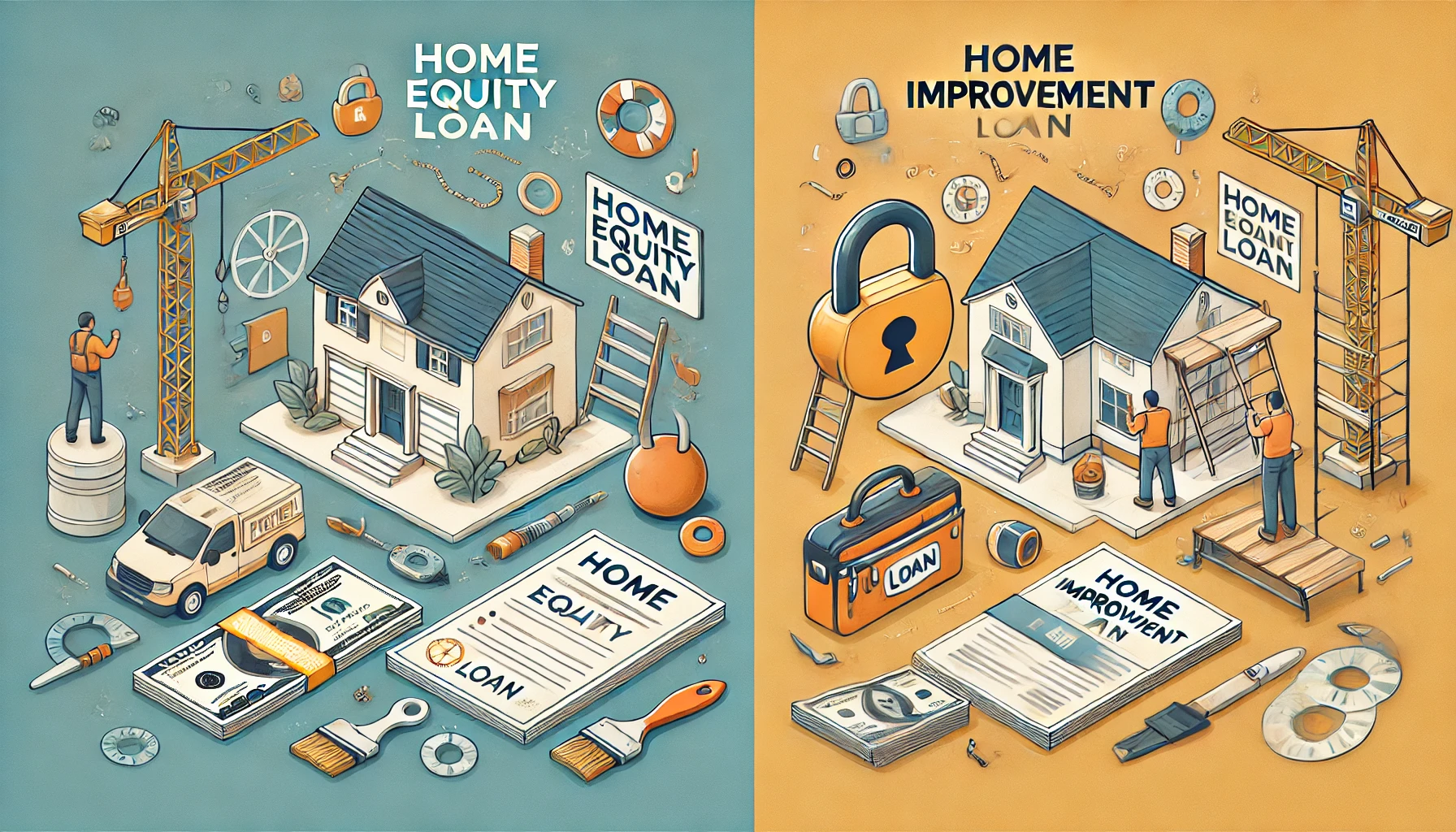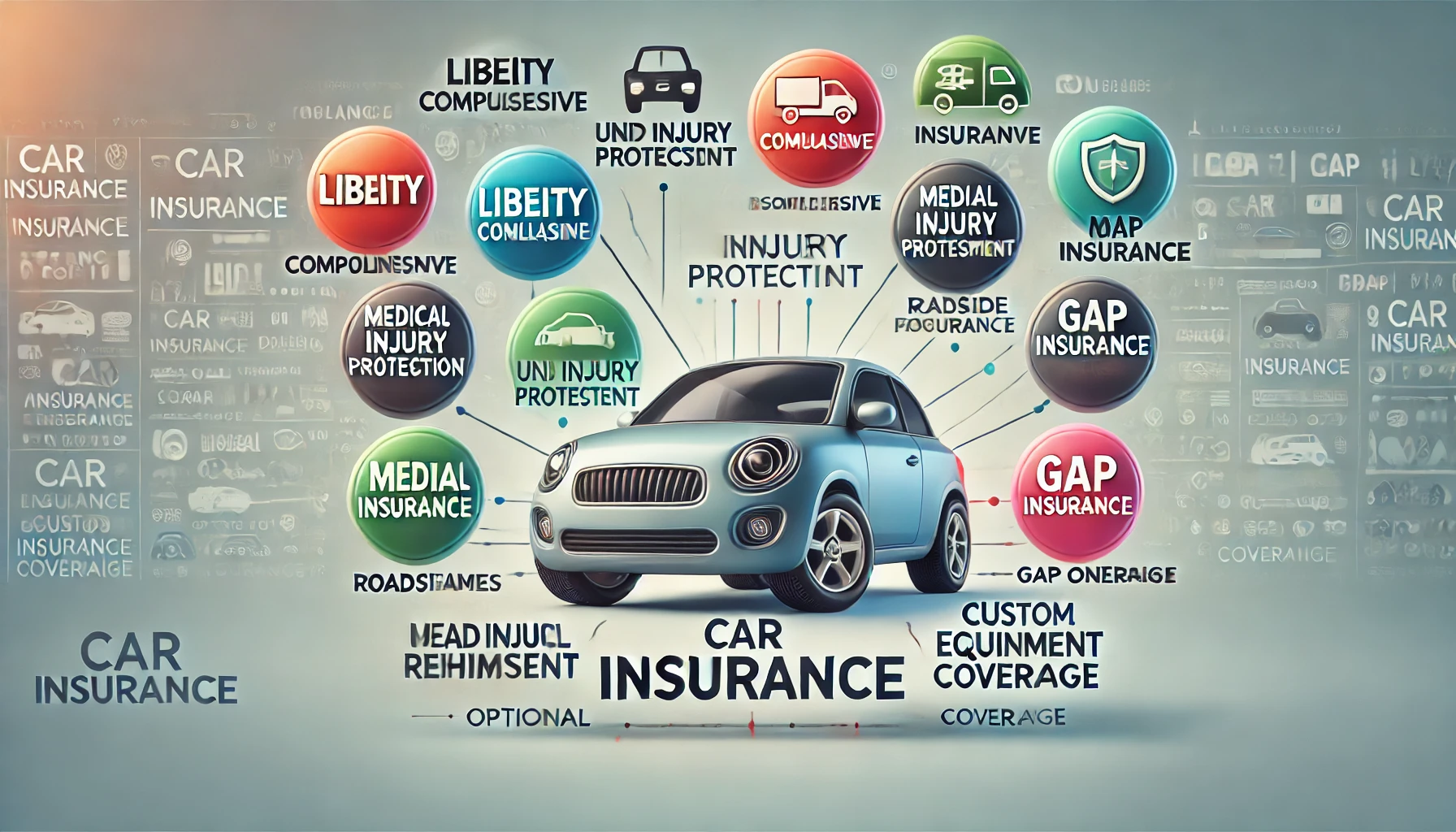How Does My Business Credit Card Impact My Personal Credit Score?
If you’re a small business owner, you probably understand the significance of maintaining good credit. But did you know that your business credit card can
We believe in the power of financial education to transform lives!
If you’re a small business owner, you probably understand the significance of maintaining good credit. But did you know that your business credit card can
Applying for a loan often involves various fees, one of which is the loan application fee. Understanding this fee can help you better navigate the
If you’re exploring mortgage options, you’ve likely come across the term “FHA loan.” But what exactly is an FHA loan, and how can it benefit

When you’re on the hunt for a new home, understanding the various financing options available can make a significant difference

Homeowners often find themselves needing extra funds for various reasons, from remodeling kitchens to consolidating debts. Two popular options are

Life can throw curveballs when we least expect it. Whether it’s an unexpected medical bill, car repair, or another sudden

Car insurance is essential for protecting yourself and others on the road. With various types of coverage available, it can
"At The Finance Trend, our reviews are unbiased and neutral, focusing solely on the facts and features of each financial product to provide you with honest and reliable information."




At The Finance Trend, we want to help you make informed decisions about credit cards and loans. We believe that by understanding your options, you can get the best deal possible and avoid financial trouble.
To be the global reference in financial information, recognized for our integrity, accuracy and commitment to financial education. We aim to expand our reach, impacting readers around the world with relevant, high-quality content.
Empower the American people with accurate and transparent information about financial products and economic education. We want to be the trusted source for financial advice, helping our readers make better decisions and improve their financial health.
Constantly seek new ways to present information and engage the public, using technology and creativity.
